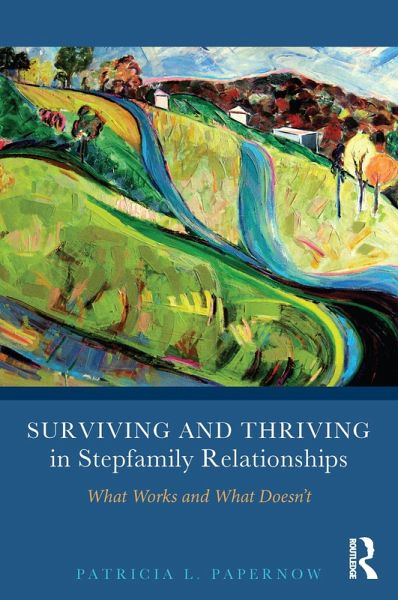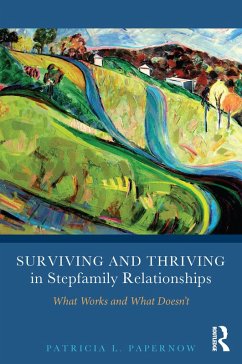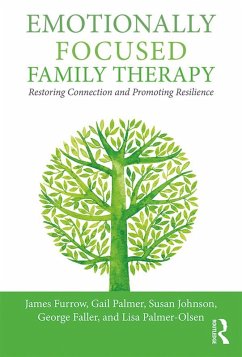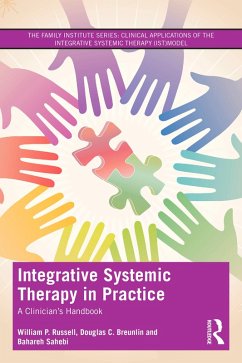
Surviving and Thriving in Stepfamily Relationships (eBook, ePUB)
What Works and What Doesn't
Versandkostenfrei!
Sofort per Download lieferbar
41,95 €
inkl. MwSt.
Weitere Ausgaben:

PAYBACK Punkte
21 °P sammeln!
Surviving and Thriving in Stepfamily Relationships draws on current research, a wide variety of clinical modalities, and thirty years of clinical work with stepfamily members to describe the special challenges stepfamilies face. The book presents the concept of "stepfamily architecture" and the five challenges it creates, and delineates three different levels of strategies-psychoeducation, building interpersonal skills, and intrapsychic work-for meeting those challenges in dozens of different settings.The model is designed to be useful both to stepfamily members themselves and to a wide variet...
Surviving and Thriving in Stepfamily Relationships draws on current research, a wide variety of clinical modalities, and thirty years of clinical work with stepfamily members to describe the special challenges stepfamilies face. The book presents the concept of "stepfamily architecture" and the five challenges it creates, and delineates three different levels of strategies-psychoeducation, building interpersonal skills, and intrapsychic work-for meeting those challenges in dozens of different settings.
The model is designed to be useful both to stepfamily members themselves and to a wide variety of practitioners, from a highly trained clinician who needs to know how and when to work on all three levels, to a school counselor or clergy person who may work on the first two levels but refer out for level three. It will also be useful to educators, judges, mediators, lawyers and medical personnel who will practice on the first level, but need to understand the other two to guide their work.
The model is designed to be useful both to stepfamily members themselves and to a wide variety of practitioners, from a highly trained clinician who needs to know how and when to work on all three levels, to a school counselor or clergy person who may work on the first two levels but refer out for level three. It will also be useful to educators, judges, mediators, lawyers and medical personnel who will practice on the first level, but need to understand the other two to guide their work.
Dieser Download kann aus rechtlichen Gründen nur mit Rechnungsadresse in A, B, BG, CY, CZ, D, DK, EW, E, FIN, F, GR, HR, H, IRL, I, LT, L, LR, M, NL, PL, P, R, S, SLO, SK ausgeliefert werden.













